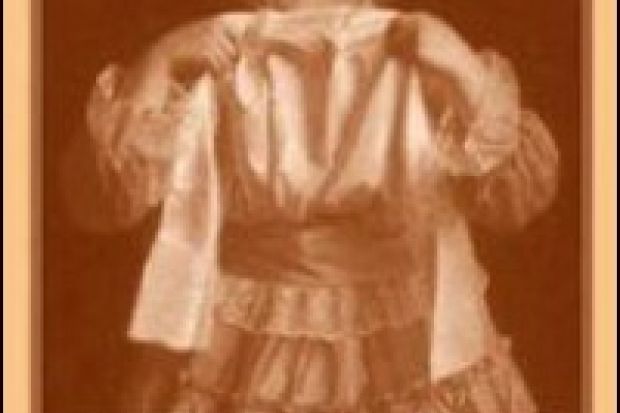Considering that William Lever was such an important late-Victorian and Edwardian public figure, he has garnered relatively little attention compared with his industrialist contemporaries such as Henry Ford and Andrew Carnegie. Surprisingly, there have been only three biographies published about Lever since his death in 1925. The first biography was written by Lever's son, the second Viscount Leverhulme, shortly after Lever's death; and the second was published in 1976. Both are problematic: one obviously biased, the other dated, and both border on hagiography. The third biography was published in 2004 and is more balanced, but lacks citations and the deeper historical analysis that Brian Lewis provides so well here. This is, therefore, a fresh and much-welcomed study of the founder of the famous soap and household goods firm, Lever Brothers (which merged with the Dutch Margarine Union in 1929 to become Unilever).
In the first chapter, "The Napoleon of Soap", Lewis tells the basic story of Lever's upbringing. Lever was not from the humblest of origins: he was the son of a successful grocer from Bolton, James Lever, and thus hailed from the Lancashire middle class. Like other contemporary industrial paternalists, such as Benjamin Seebohm Rowntree and George Cadbury, Lever grew up a Nonconformist, but was ecumenical in practice. He is only self-made from the perspective of moving from the relatively comfortable and supportive "lower-upper middle class" (borrowing George Orwell's term used to describe his own social class) to the ranks of the British plutocracy. Raised to the peerage as a baron in 1917, he was ennobled Viscount Leverhulme of the Western Isles in 1922.
Lewis presents us with two general opposing ideological camps in writing about important business leaders and entrepreneurs. On the one hand, there is the tendency of scholars of business history to glorify the vital role of "the individual" or entrepreneur in corporate success - the "Great Men thesis" if you will. On the other hand, social and economic historians tend to emphasise the influence of deeper social and economic forces. As a historian of social class in Lancashire, it is not surprising that Lewis leans towards the latter view.
Yet, since Lever was the single owner of the ordinary shares of Lever Brothers Ltd, he had the sole authority to make business policy, and the records suggest that Lever surely played more than a cameo part in the rise of the company. And what a meteoric rise it was - from local soap manufacturer in 1885 to one of the world's first multinationals and the largest corporation in Britain by 1930, leading such industrial giants as Imperial Tobacco and ICI.
However, as Lewis explains, this book is "not a conventional biography", rather "a contextualised biography, fully informed by contemporary historical scholarship". The author successfully uses Lever's life and career as a vehicle to delve into many of the fascinating developments of the late 19th and early 20th centuries: rapid industrialisation and urbanisation, factory paternalism, urban planning, modern marketing and new corporate methods of vertical and horizontal integration, as well as British imperialism.
The chapters in this book, rather than simply looking at Lever's life in a chronological way, are organised around such themes. For instance, the chapter "Sunlight for the Unwashed" focuses on pre-industrial and English architectural design, as well as on the workings of Lever's model industrial village of Port Sunlight, Cheshire. In "Sunlight for Savages", he analyses Lever's "civilising mission" - with appropriate late 19th-century historical context - in the Solomon Islands and the Congo. With such a topical focus for this study, we understand Lever's motivation and behaviour because of a deeper understanding of the major forces that shaped him. We can also better understand the social forces themselves by personifying them, using Lever's life as a case study.
This is a methodically researched, well-written and engaging book that should not only appeal to business and economic scholars, but also to scholars of imperialism, as well as to general readers interested in late 19th and early 20th-century British society and culture.
So Clean: Lord Leverhulme, Soap and Civilization
By Brian Lewis. Manchester University Press. 2pp, £55.00. ISBN 9780719078040. Published 7 November 2008
Register to continue
Why register?
- Registration is free and only takes a moment
- Once registered, you can read 3 articles a month
- Sign up for our newsletter
Subscribe
Or subscribe for unlimited access to:
- Unlimited access to news, views, insights & reviews
- Digital editions
- Digital access to THE’s university and college rankings analysis
Already registered or a current subscriber? Login
